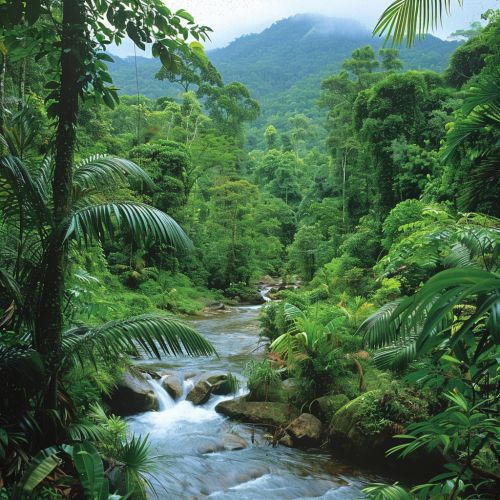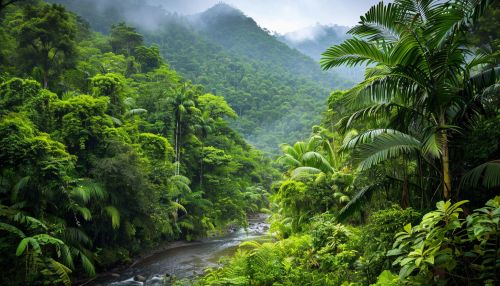Rainforest Foundation UK
History and Mission
The Rainforest Foundation UK (RFUK) was established in 1989 by Sting and his wife Trudie Styler in response to the plight of the indigenous peoples of the Amazon rainforest. The organization aims to support indigenous and local communities in their efforts to protect their environment and fulfill their rights. RFUK operates under the principle that the people who live in the rainforest are the best custodians of their environment. The foundation’s mission is to protect and restore tropical rainforests by working with the people who live in them.
Organizational Structure
RFUK is a registered charity in the United Kingdom and operates as part of the global Rainforest Foundation network, which includes sister organizations in the United States and Norway. The foundation is governed by a board of trustees and managed by a team of professionals with expertise in environmental science, human rights, and development. The organization collaborates with a wide range of partners, including local NGOs, community groups, and international agencies.
Key Programs and Initiatives
Community Mapping
One of RFUK's flagship programs is community mapping, which involves working with indigenous and local communities to create detailed maps of their territories. These maps are used to assert land rights, plan sustainable land use, and monitor environmental changes. The process typically involves the use of GIS technology and participatory methods to ensure that the maps reflect the knowledge and priorities of the communities.


Land Rights Advocacy
RFUK advocates for the recognition and protection of indigenous land rights at local, national, and international levels. The foundation provides legal support to communities fighting for their land rights and works to influence policy and legislation. This advocacy is crucial for preventing deforestation and ensuring that indigenous peoples can continue to live sustainably in their ancestral territories.
Sustainable Livelihoods
The foundation supports projects that promote sustainable livelihoods for rainforest communities. These projects include agroforestry, non-timber forest products, and ecotourism. By providing alternative sources of income, RFUK helps reduce the pressure on forest resources and improve the economic well-being of local communities.
Forest Monitoring
RFUK has developed innovative tools for forest monitoring, including the ForestLink system, which allows communities to report illegal activities in real-time using mobile technology. This system has been instrumental in detecting and preventing illegal logging, mining, and other destructive activities in remote areas.
Impact and Achievements
Over the years, RFUK has made significant contributions to the protection of tropical rainforests and the rights of indigenous peoples. The foundation's community mapping projects have resulted in the recognition of millions of hectares of indigenous territories. RFUK's advocacy efforts have led to important policy changes and legal victories, including the establishment of protected areas and the cancellation of destructive development projects.
The foundation's work on sustainable livelihoods has improved the economic resilience of numerous communities, while its forest monitoring initiatives have enhanced the capacity of local groups to protect their environment. RFUK's innovative approaches have been widely recognized and replicated by other organizations working in the field of conservation and human rights.
Challenges and Future Directions
Despite its successes, RFUK faces numerous challenges in its work. These include political instability, limited funding, and the ongoing threat of climate change. The foundation is continually adapting its strategies to address these challenges and ensure the long-term sustainability of its programs.
Looking to the future, RFUK aims to expand its community mapping and forest monitoring initiatives, strengthen its advocacy efforts, and develop new projects that address the root causes of deforestation and environmental degradation. The foundation is also exploring ways to leverage new technologies and partnerships to enhance its impact.
